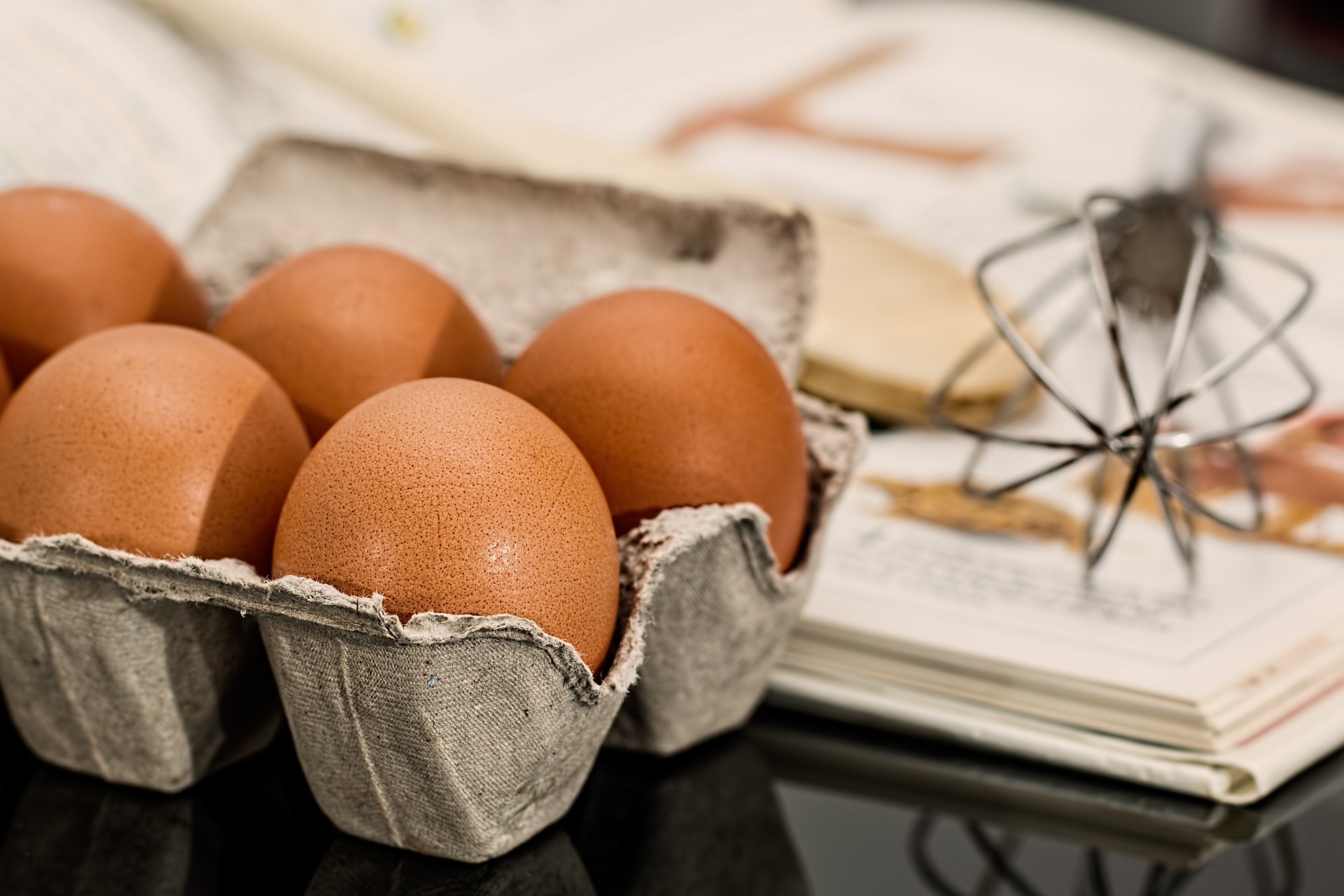Cookbook Database Is History of People

Humans are recorders. We’ve been recording things for centuries. We drew everyday life on the insides of caves. We documented the number of livestock we owned. Today, we’ve evolved to journal every aspect of our existence, from the clothes we wear to the food we eat.
We are what we eat, and as early as the 1st Century, we were recording what we consumed. For twenty-five years, it was Barbara Ketcham Wheaton’s job to curate the cookbook collection at the Schlesinger Library at Cambridge, Massachusetts’ Radcliffe Institute for Advanced Studies. For twice that amount of time, she has been feverishly creating a database of all the recipes, ingredients, and cookbooks recorded in Europe and America.
Wheaton’s database, named the Cook’s Oracle, is based on meticulous research that includes terms such as “blackbirds” and “food for the sick.” It resulted in learning that “blancmange,” what many people know as a creamy French dessert, really means an entire group of recipes that can be both sweet and savory.
Wheaton likely wasn’t expecting a history lesson when the idea for the Oracle came to her more than fifty years ago. Instead, she just wanted to parlay a love of cookbooks into something greater than her own collection. The Oracle started as Wheaton’s handwritten notes in a three-ring binder, but the dearth of information led the seasoned librarian to a reference and research system invented in the late 19th Century, McBee cards. These allowed her to group her information more easily, but her database quickly outgrew this method.
Wheaton now uses a computer database program to house the Oracle and can share it via thumb drives. To Wheaton and those who have seen it, the Oracle represents more than just a record of food. Because we truly are what we eat, the Oracle is a record of human history. The globe artichoke was a common ingredient in dishes from the opulent to the unsophisticated during the 16th through the 18th Centuries. Yet today, they are reserved as a near delicacy. It is a commentary on the economy of the times as much as it is on people’s tastes.
While the foods the cooks of the Oracle used may be wildly different than those we use in the 21st Century, they paint an interesting picture that is still perpetuated today, but also one that may be a bit unexpected. There is a huge difference in the cookbooks authored by men before the 20th Century than those authored by women during the same period. The recipes recorded by male chefs and cooks show men were the elite of cooking. They served masterful dishes to high-born men and women, using the best ingredients and the most fanciful techniques. In their cookbooks, food was pleasure. In the women’s cookbooks, it was a different story.
Pointing to a gender gap that persists in many fields today, the cookbooks written by women paint a picture of survival rather than one of pleasure. The caregivers of their families, women cooked in order to ensure the members of their families remained alive, if not healthy. They were the forebearers to the history’s greatest caretakers, using the meager foods at their disposal to heal. Case in point is a book Wheaton calls one of her favorites, The Frugal Housewife. The book, first published in 1829, details such thrifty advice as going without coffee and using preserves only in the event of sickness. These women made do with what they had on hand, healing and feeding with food, while men were given the resources to turn food into art. Yet the Oracle shows that the history of food according to the women who fed their families was the creation of art as well, just of a different kind.
In agricultural communities, crops were sold in order to buy seeds for the next season. Farming families kept only enough to get by, not to live luxuriously. In urban areas, cooks dealt with living in food deserts, where access to fresh and healthy foods is difficult. It takes art even today to cook in a food desert. In previous centuries, it was an art of true creativity: taking the scraps and dregs of the day before and turning them into meals that rivalled those of one of the male chefs in Wheaton’s database, Robert May. His book from 1660 encouraged use of only the best ingredients. Instead, these women made water into wine, as it were, recording recipes such as “cheap rice pudding” and “soup of ‘old fowl.’”
Many of these recipes and techniques have not been relegated to the historical cookbooks, but survive in one form or another through cultural use. For German families, these are the “kraut” burgers, pies resembling English pasties that were made of whatever was on hand in order to fill bellies. In some Italian households even today, it’s as simple as a holiday dessert that has been passed down through generations.
All of the recipes in the Cook’s Oracle, from May’s to those of The Frugal Housewife are the history of farming. They are the history of industry. They are the history of people.
Tags: cooking, digital archiving, food programs at the library












